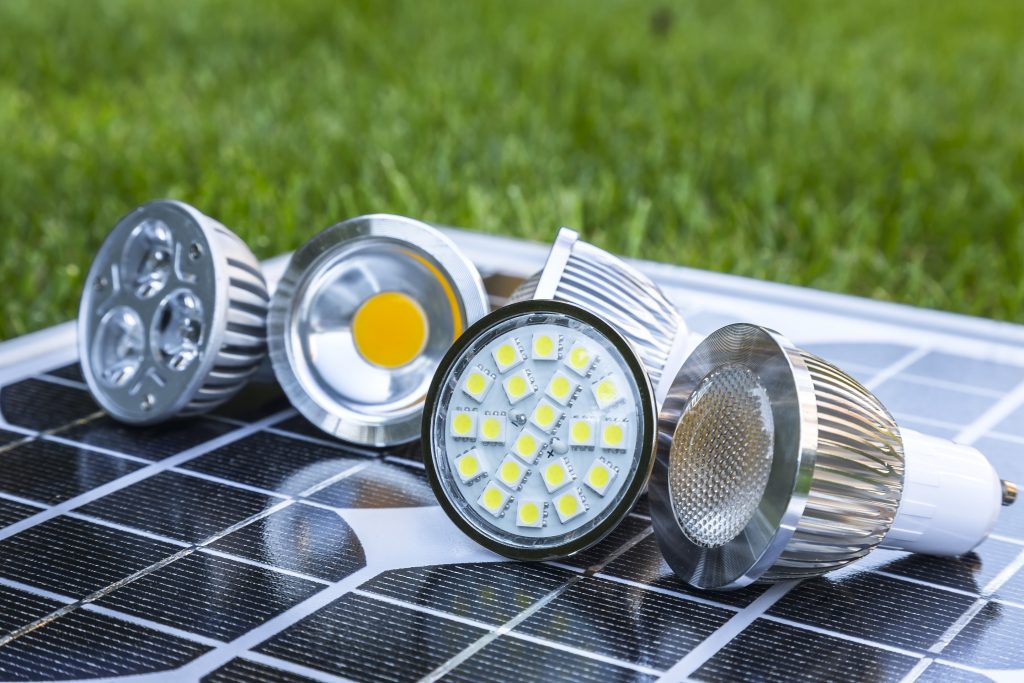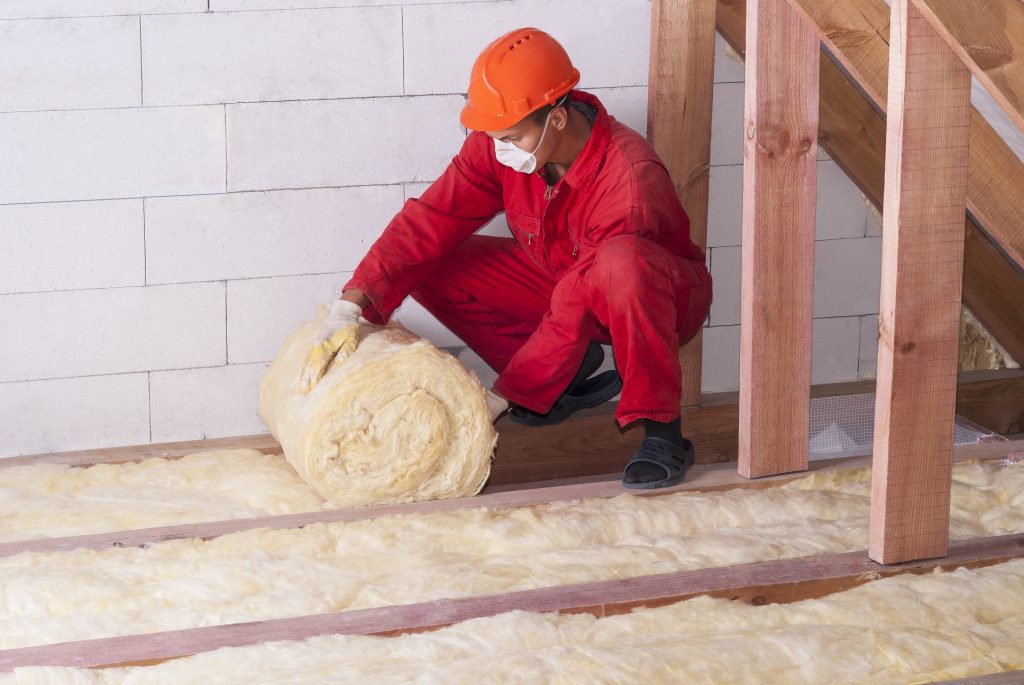 Minimum Energy Efficiency Standards.
Minimum Energy Efficiency Standards.Minimum Energy Efficiency Standards (MEES) were introduced within The Energy Efficiency (Private Rented Property) Regulations 2015. It states that from April 2018 it will be unlawful to let any domestic and non-domestic property with an EPC rating F or G.
They were implemented to improve efficiency of rental property’s under the Energy Act 2011. While helping reduce carbon emissions and achieve emission reduction targets.
The Penalties for not complying with MEES for domestic properties range from £1000 – £5000, non- domestic £5000 – £150,000.
Minimum Energy Efficiency standards were introduced in England and Wales on April 2018. Mees will be introduced in Scotland in April 2019. With the intention that all privately rented property will meet MEES by 31st March 2022.
Currently there is no intention of introducing these standards across Northern Ireland. Northern Ireland does not have a climate change act like Scotland or the Energy Act like England and Wales. We do however through an NI executive Programme for Government have a target to reduce greenhouse gas emissions by at least 35% by 2025.
It doesn’t take an expert to work out why NI does not have a energy efficiency budget to implement these standards. But while there are some massive winners e.g. Landlords Domestic and Commercial. There are also some great loses affecting anyone renting property.
Imaging living in a freezing cold single glazed uninsulated house house with an old non efficient oil boiler. You are literally lighting a fire with the windows open. A property like this would generally fall into the F or G rating category. It would therefore be illegal for your landlord to let this property. Forcing them to make improvements in the energy efficiency of the property.
This would mean rental property across the country would receive improvements to make them efficiently compliant. This in turn would reduce living costs for tenants, and reduce the carbon footprint of the property.
It is not just tenants who are at a disadvantage due to the lack of implementing of these standards, it is also local businesses and tradesmen. When a property/ factory has received a low energy rating, the landlord will seek the knowledge and skills of local tradesmen/ energy assessors for improvements.

LED Spotlights

Laying Mineral Wool In the Joists of a Roofspace
I have received a few inquiries from landlords from the mainland UK regarding MEES. The sheer joy on their voices when I told them that we do not enforce these standards here. Coming from the potentially thousands of pounds savings, that could have went into the local economy
Why have you never heard of Minimum Energy Efficiency Standards? Because politicians and landlords don’t want you to!